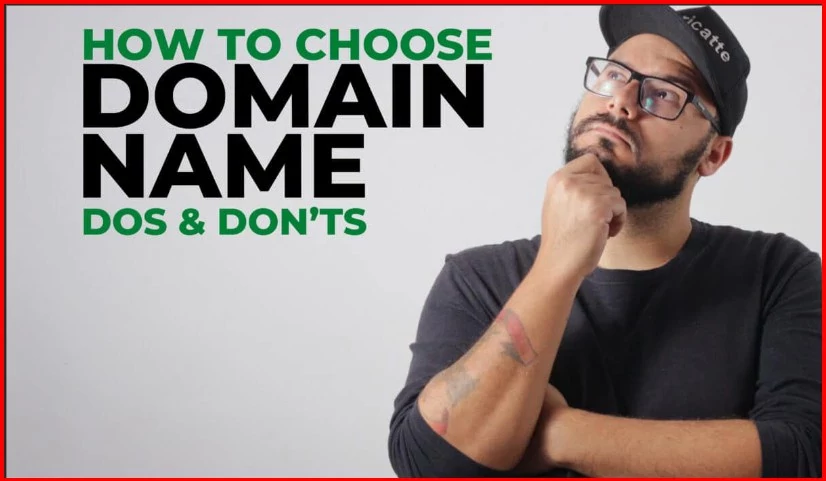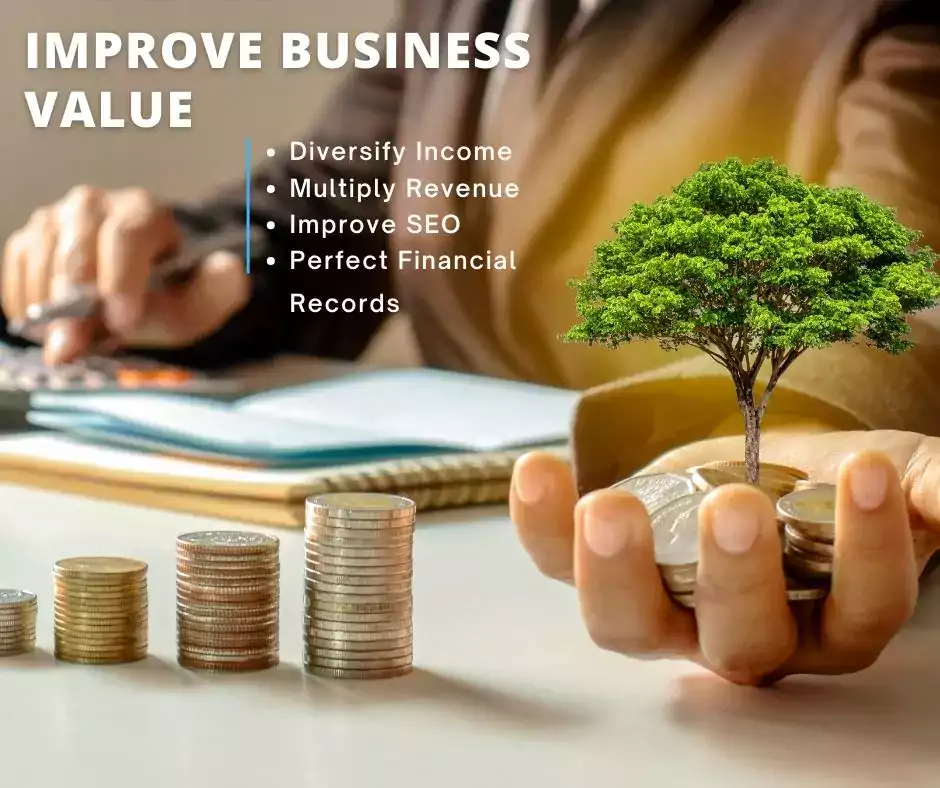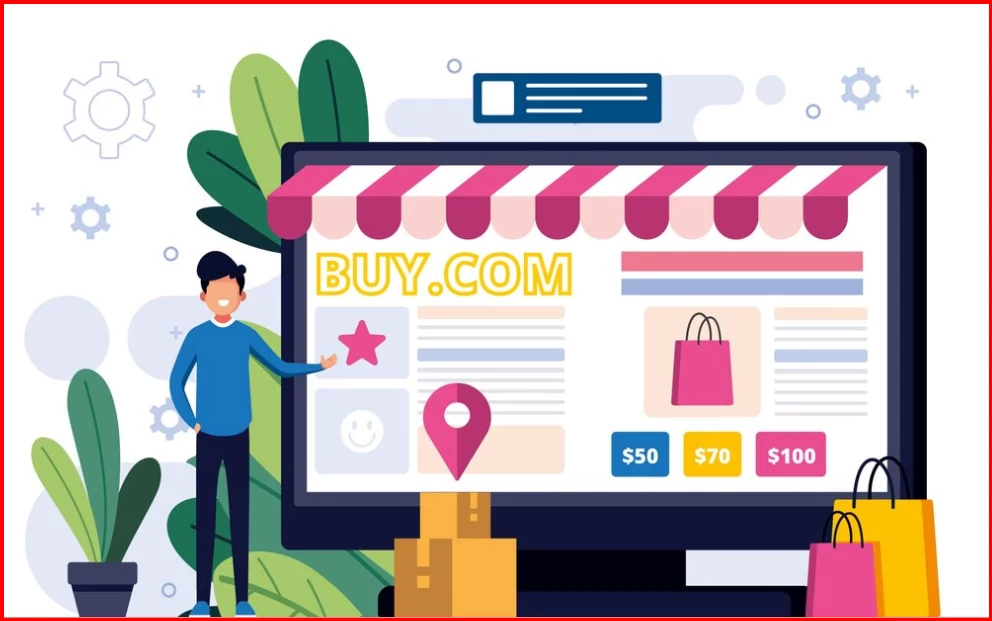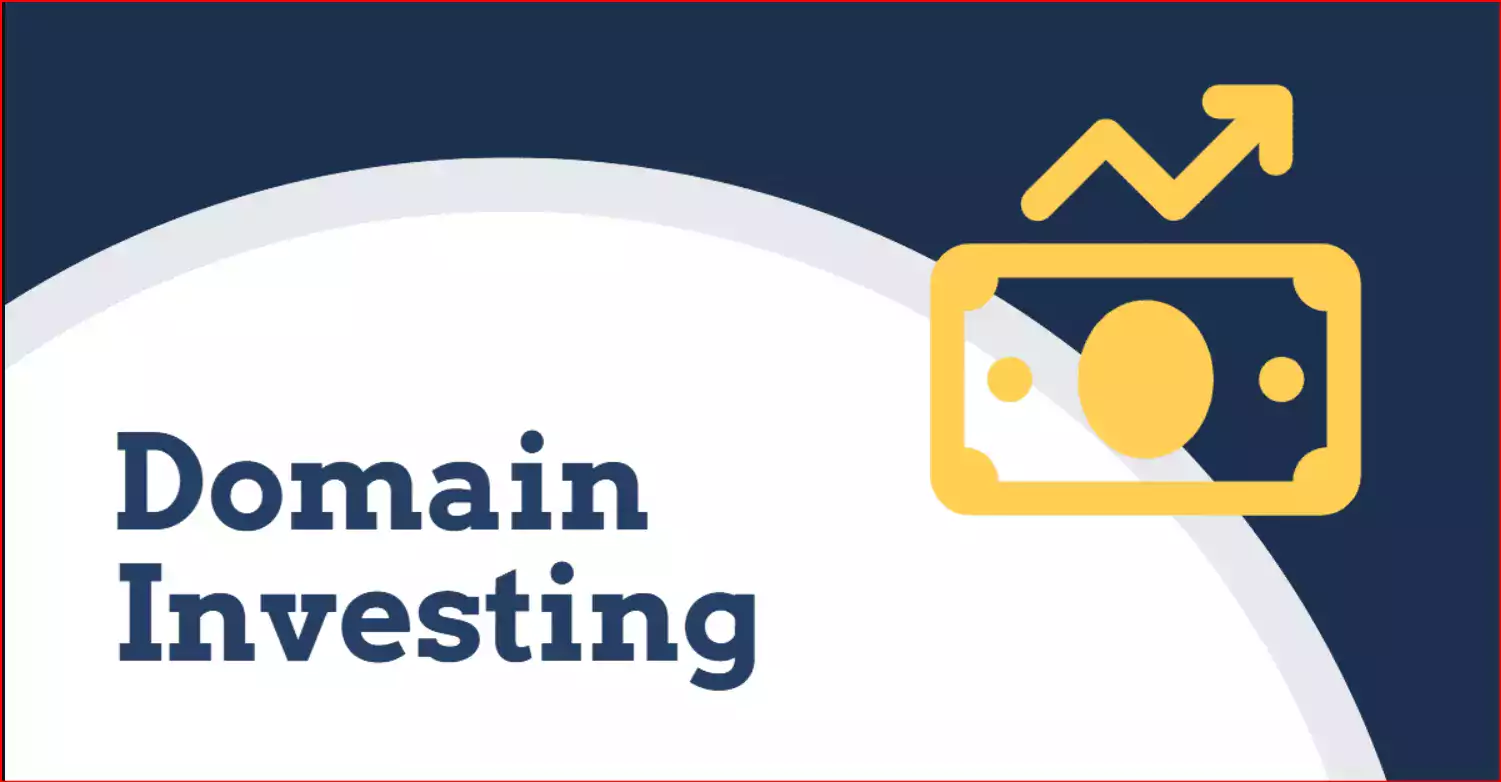Top Questions To Ask When Buying a Website
- 12 Mar 2024
- 24 Nov 2025
- domain investing strategies
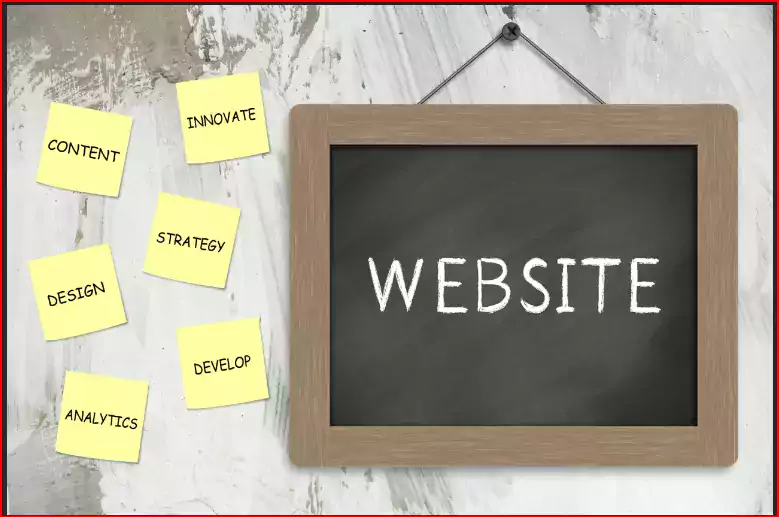
Buying a website that already exists in order to obtain the domain name, content, traffic data, ranking for keywords, or every one of these is followed when buying a current website. This can be a very effective tactic for getting traction in a specific niche. The success of your SEO campaign depends on more than just picking an all-new website. Before you buy a new website, there are a few Top Questions To Ask When Buying a Website. If you follow these questions, you must be able to keep your ranking on SERPs.
Where can you find hosting for the website?
You must ensure that your site stands out from the competition. Web designers who host many sites from the same location are not uncommon. Because of this, it is difficult for them to grant you access to your website while denying permission to all other websites. Even though this is usually an easy remedy, designers usually prefer not to do it. If you want to stay away from this issue, my recommendation is to acquire a hosting plan independently of the designers. Figure out what the design team requires from a hosting plan by speaking with them. After that, you can go back to where you bought your domain name and pick out the correct bundle. After this, you will be the sole owner of the website's hosting as well as the URL. You have complete power over anything now!
Will you be the sole owner of the domain name?
When people think of your company, they think of the domain name. Branding your company with a URL causes consumers to think of your company whenever they type that URL into their browser. Verify that you are the main proprietor of the URL before consulting with a web developer. Do yourself a favor and buy the domain name before you even think about hiring a web designer. Use your credit card as well as email address to purchase a domain name at godaddy.com or register.com. Many companies still haven't done this, and their web designers' accounts hold domain names. Your designer has the legal right to remove your website from the internet if you choose to part ways with him. If you choose to get a brand-new website, it is going to make it very hard. The domain name and its pointer are under the authority of your previous designer.
Do they have a content management website?
You, the company owner, can make as many changes as you would like on a content management system (CMS) website. Because of this, you can edit the site's text and images as you see fit, create new pages, and claim ownership of your own site. Being able to make modifications without involving a web design company is the main benefit of this kind of website. Even a quick picture switch may at times take a designer several days to complete. A CMS, or content management system, allows you to make this modification instantaneously for your web page. In addition to the time and effort required, web designers may charge you for making changes to your web page. There are design teams who charge by the item for revisions, as well as others who charge a flat rate every month. You can save money by using a content management system instead of hiring a group of designers or subscribing to a service you won't use.
Is there diversity reflected in revenue?
Put a lower price on the site if all of the money arises from Google Adsense or one product transaction. Your income can fall precipitously if you depend on only one source of income, like an ad provider.
Know how much profit this site is implementing?
This is when EBITDA really shines. That doesn't include the amortization the owner might be writing off for an initial investment, such as a domain name. In the majority of instances, EBITDA is far more essential than revenue. Even if your site generates $100,000 per month, it could still lose money. Remember to factor in the owner's time when calculating expenses.
Confirm whether you can add something new content or not.
It can be an additional source of income. You might want to look into paying less for this website if its revenue streams aren't very diverse. On the other hand, if you're creative, you can find numerous benefits.
How much does it cost?
To find this, you must go a bit deeper, although it is a component of the EBITDA formula. Will the price you pay go up as time goes on? Is it possible to reduce some of the expenses?
What is the actual amount of time that the owner dedicates to site maintenance?
This is a crucial but often neglected aspect of purchasing an online portal. It's not on the income statement, so numerous individuals overlook it even though it's part of the cost calculation. If the proprietor claims to spend 10 hours per week on the website, it's safe to assume that you must double that number.
Think about the time and money needed to complete the task and if you can afford to hire somebody or do it yourself. Subtract that sum from the earnings.
What is the recommended frequency for site updates?
The temporal equation is relevant here. Reflect on the promise you're creating.
What is the site's age?
You should be very wary of a website that has been operating for a year as well as generates $10,000 monthly. Little evidence from the past suggests this will work in the long run. Maybe you may see huge potential for growth, but when you do, the past earnings aren't as important.
Does the site have diversity?
After Google's Panda upgrade, numerous publishers said they saw a 20% to 50% drop in traffic. That serves as a sobering reminder of the significance of traffic variety. Diversifying your traffic sources is more important than relying solely on Google. Think about how many people have subscribed to your newsletter, how many people follow you on social media, how many people visit your site repeatedly, how many people enter in your URL, how many people subscribe to your RSS feed, etc.
How has the traffic evolved over time?
Take another look at the past. There isn't much information to work with when you have only one year of data. Looking at the past three years allows you to observe the fluctuations and sustainability of traffic.
Is this niche truly important to you?
A high probability of failure exists if you are merely interested in the cash flows and have no interest in the subject matter.
Is it really a way to increase the amount of content or draw in more visitors? Does the site lack development?
If that's the case, you're in a position to benefit. Just keep in mind that creating additional content will require some time. Think about the time commitment and factor that into your budget.
Conclusion
So, now you must know the Top Questions To Ask When Buying a Website. Once you've settled on a design for your site, the next step is to fill it with material and images. Your creative team will be unable to launch your site until you supply them with this information. Write the content yourself, even though a few designers will do it for you. It is also important to learn how to optimise your website SEO. You probably have a deeper understanding of your company and field than the design team does.
